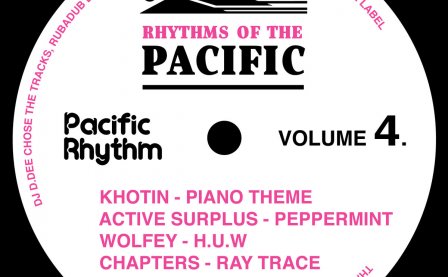There’s this idea in jazz harmony that states that there’s numerous equivalent ‘readings’ for every chord in the scale. The more you analyze, the more you find that all diatonic jazz chords are practically indistinguishable from others — the same notes wholly dependent on their sonic context, reordered into various sequential voicings that spread out in shifting intervals across the staff. A Cmaj9 (C E G B D) voiced without the root becomes a Emin7 (E G B D), a Gmaj11 (G B D F# A C) easily becomes a Bmin9 (B D F# A C) or Dmaj7 (D F# A C), a Bbmaj7 (Bb D F A) is practically identical a Gmin9 (G Bb D F A), and so on and so forth indefinitely. What many seem on the surface as didactic, unchanging ‘Capital M’ ‘Music’ ‘Theory’ actually contains a certain eternal open-endedness — one that leaves much to the linear interpretation of the performer, dissolving the didacticism of ‘Theory’ into a bottom-up harmonic approach with an endless wealth of creative interpretations to suit any aesthetic need.
Now I don’t know how much theory Dylan Khotin-Foote knows. Shit, I don’t even know how much of that garbage I actually know. But the opening track from his new 12-inch Baikal Acid EP as Khotin strikes me with an impenetrable wonder, a certain open-ended not knowing that suggests that maybe the theory doesn’t matter. Maybe it’s the eight note descending intervals that recurrently dominate both “Recycle (5AM Reflection)” and “Recycle (Drift Mix),” but the tracks have a hazy, Boards of Canada quality that leaves you lost in wonder, stoned and staggering through 70s National Geographics and NFB nature docs. “Human Voice” and “Baikal Acid” have it too, rife with woozy synths over classic 707 sounds. The tracks slowly grow in a standard house fashion, layering hits and high-hats and swelling up in thick, looped euphoria. It’s the kinda soft deep house you’d hear in a Suzanne Kraft or Willie Burns set — tender, woozy and wistful all around.
More about: Khotin



